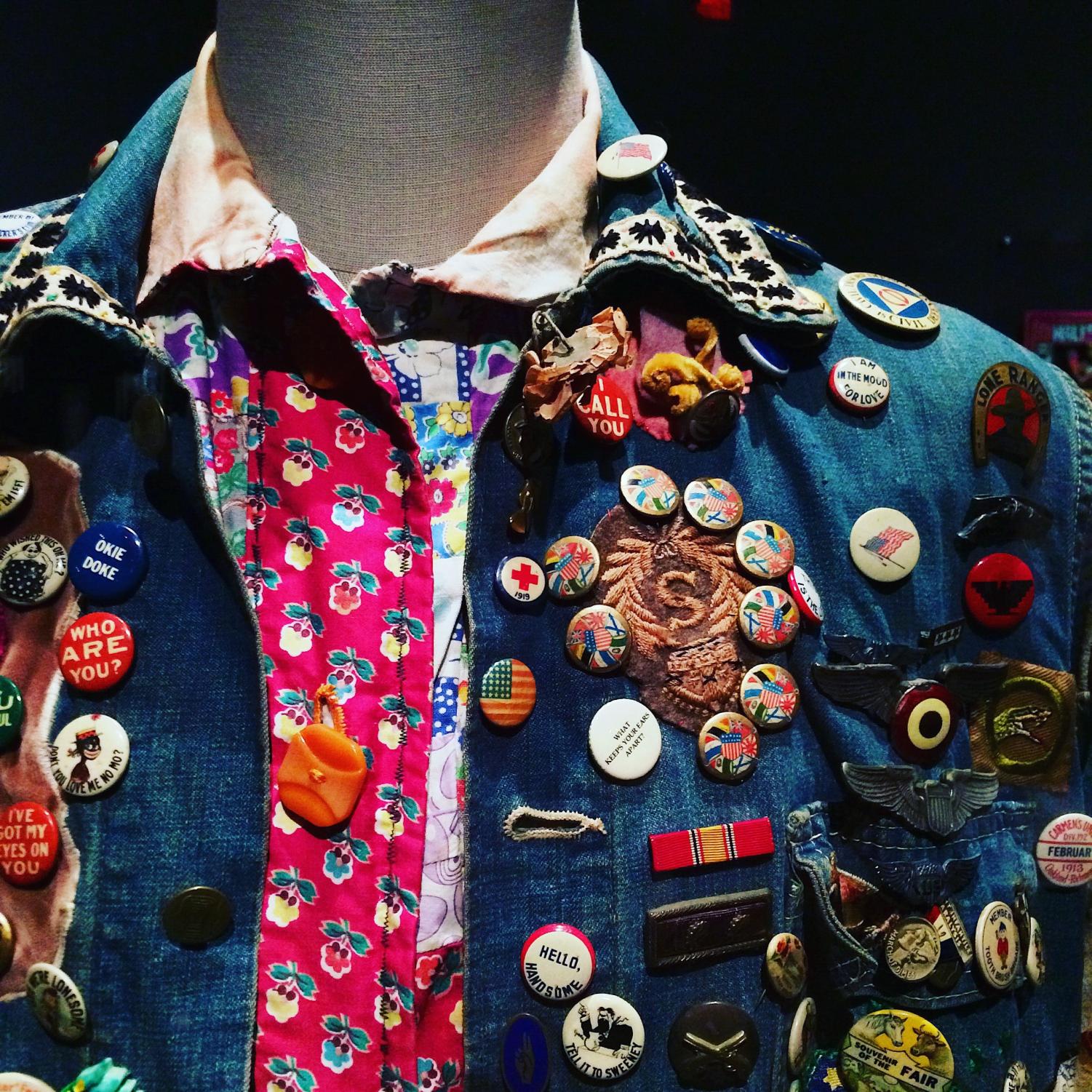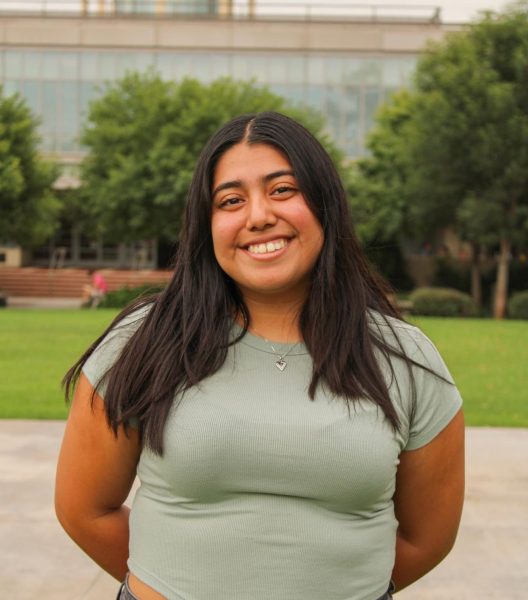For the first time at Biola University, the Cook School of Intercultural Studies launched digital badge courses, which offer five different badges for all undergraduate students. The program is designed to help students expand their specialized skills.
“We are really trying to set this up to provide students with credentials that indicate skills that are going to be really valuable for them in the workplace,” said Dr. Kevin Pittle, the Chair of the Undergraduate Department of Intercultural Studies.
THE PROCESS AND BENEFITS
In order for students to earn the digital badge in their selected section, they will need to complete two specific courses through intercultural studies. Students will enroll in elective classes curated for the digital badges, which they will receive upon completing the specified course requirements.
Once a student finishes the class and receives the badge, they can link it to their LinkedIn or Handshake accounts. If a student links the badge to their accounts, employers will see the certificate and the breakdown of the certifications — class hours, courses and tasks. The badge will also showcase the students’ abilities and highlight potential jobs which require those skills.
“When you follow the links to the skills, it will not only show you an explanation of that skill also jobs that are looking for people with that skill,” Pittle said.
Students enrolled in the intercultural studies program will be able to earn an emphasis, which is like a concentration but once class less, once they complete the necessary courses. Students within the major will still earn a badge, but it would be equivalent to an emphasis in correlation to their study.
THE FIVE BADGES
Pittle described the Intercultural Competence badge as the “flagship badge.” This badge will be the broadest badge offered, covering the widest range of topics for unity within diversity for a common purpose including in the workplace.
Students will also have the option to complete a Cultural and Linguistic Anthropology badge to understand the bridge of human nature — language, religion and social organizations — within a certain series of time, geography and culture.
If students have an interest in development and empowerment, they can put it to practice by completing the International and Community Development badge. Here, students will cover topics in gender, nationalism and human rights, among other topics.
The Missions badge will help students “reflect on the historical, theological, cultural and strategic realities that impact cross-cultural witness and service,” as stated on the digital badges website.
The Peace, Justice and Intercultural Conflict Transformation badge will prepare students to address conflict on multiple levels — communal, national and international. The course goal is to teach students how to navigate those conflicts well whether in activism or advocacy.
THE PLANS
The badges started as an idea in November 2020 but officially launched in 2022. There was an extensive process of getting the digital badges approved, including proposals reviewal by the Undergraduate Curriculum Committee. The digital badges were first going to be limited to intercultural studies students but were opened to all undergraduate students. The department took pride in pioneering this opportunity at Biola, seeing it as a way to rebrand.
“We see the new digital badges as an opportunity for people to know the new Intercultural Studies at Biola,” Pittle said.
As of right now, the courses are only open to undergraduate students at Biola. Pittle hopes to open them to multiple audiences in the future, including graduate students. Other department chairs have considered digital badges in their areas, but that is yet to be confirmed.












